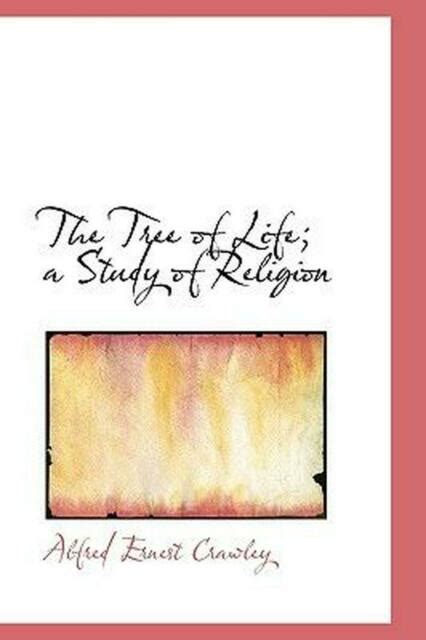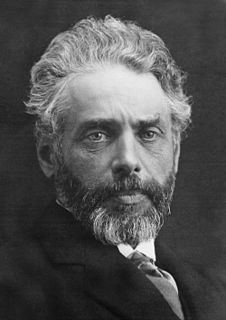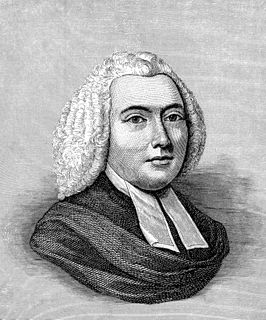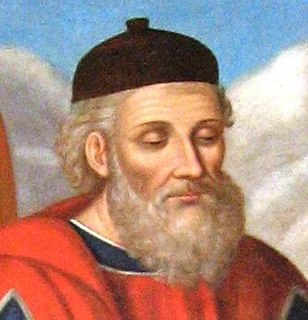A Quote by Diogenes
Aristotle dines when it seems good to King Philip, but Diogenes when he himself pleases.
Related Quotes
The philosopher Diogenes was eating bread and lentils for supper. He was seen by the philosopher Aristippus, who lived comfortably by flattering the king. Said Aristippus, "If you would learn to be subservient to the king you would not have to live on lentils." Said Diogenes, "Learn to live on lentils and you will not have to be subservient to the king.
Through Plato, Aristotle came to believe in God; but Plato never attempted to prove His reality. Aristotle had to do so. Plato contemplated Him; Aristotle produced arguments to demonstrate Him. Plato never defined Him; but Aristotle thought God through logically, and concluded with entire satisfaction to himself that He was the Unmoved Mover.
The king is as much bound by his oath not to infringe the legal rights of the people, as the people are bound to yield subjection to him. From whence it follows that as soon as the prince sets himself above the law, he loses the king in the tyrant. He does, to all intents and purposes, un-king himself.
Such was the end of Philip (II, king of Macedonia) ...He had ruled 24 years. He is known to fame as one who with but the slenderest resources to support his claim to a throne won for himself the greatest empire among the Hellenes (Greeks), while the growth of his position was not due so much to his prowess in arms as to his adroitness and cordiality in diplomacy.






































